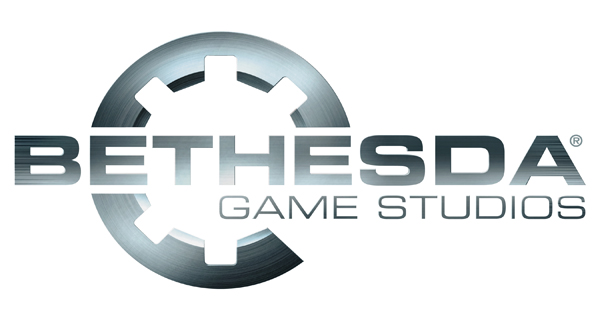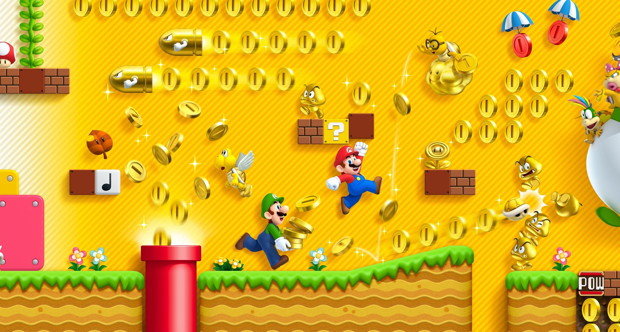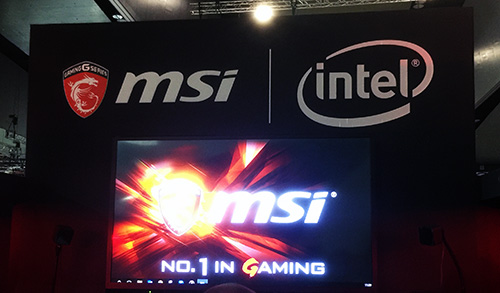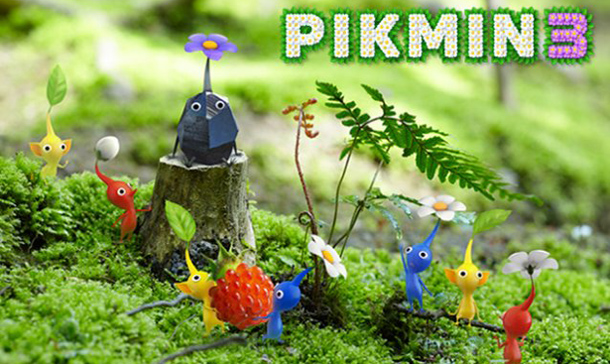
When I’m considering making a DLC purchase, I often weigh up a number of key factors before digging into my virtual wallet. Firstly, is the price of the DLC justified by the content on offer? Secondly, is the DLC integral to the base-game and/or disrespectful from a consumer standpoint? And lastly, how much of a fanboy am I that I’m willing to disregard all rational thought and make a purchase regardless? Unfortunately, this last point tends to make the preceding factors redundant…
Obviously these criteria are subject to my own personal views and tastes, but the fact that I can categorize my purchases shows that determining value is often a difficult thing to do. It’s perhaps not surprising, then, to have publishers push the envelope to see just how much consumers are prepared to spend. In this regard, we are seeing increased experimentation via day-one DLC, locked DLC on actual game discs, and bonus DLC included with pre-orders and special editions.
While I love the fact that I have the choice (and I emphasize the word choice) of expanding my core game experience with additional content, the deluge of DLC thrown at the core gamer this generation is beyond overwhelming.
Just this week we saw Mark Holmes, creative director of the upcoming Batman: Arkham Origins, discussing the games’ DLC plans more than five months prior to release. Speaking to Gameinformer, Holmes stated: “I think it’s important when you’re building any game in any franchise to try and give yourself creative room and not say everything in the main product.” It was a quote that stood out to me because, given my anti-DLC mindset, it was on par with saying it’s preferable to not develop a game entirely so you can sell the rest of it later.
Admittedly, I’m being unfair to Mark Holmes. Holmes’s comments were largely from a creative standpoint rather than a business one, and even if they weren’t, what would it matter? Developing games is a business, and if making money isn’t part of the equation then it all falls apart rather quickly. Likewise, I understand that game development is by no means a linear process and it’s natural to have various teams working on different areas simultaneously. Ars Technica’s Kyle Orland argues these points particularly well in an article titled, “Why on-disc downloadable content isn’t the crime it’s made out to be.”
Yet irrespective of sales tactics and the intricacies of development time, I think one of the most important factors often overlooked in DLC is the advantage to be gained from earning the consumer’s trust. Developing content that serves as an entire expansion to the base game, or restricting DLC development until after a game’s release, are just two examples of how this might be achieved. DLC is here to stay, but burning buyers with half-baked content or promoting content nearly half a year before a release date is unlikely to instill faith in the core gamer.
You could argue that the plethora of DLC available today shows that consumers are still willing to cough up extra dollars for their favourite games, but publishers should be wary that if consumers are pushed too far, DLC may quickly cease to be the money-making exercise that it is. Indie platformer DLC Quest parodies the entire concept wonderfully, tasking gamers with coin-collecting so they can then purchase fundamental actions such as movement and jumping to proceed.
It would be absurd to think of DLC Quest as a sign of things to come, but I would still urge gamers to handle DLC purchases with care by reading reviews beforehand, or waiting on a price drop if you believe the content does not offer relative value. The internet is a powerful tool in that it allows consumers to Kickstart long forgotten franchises and even change game endings, but the odd complaint on a forum can only go so far. In keeping publishers and developers honest, sometimes our votes are most notable when they’re made with our wallets.







